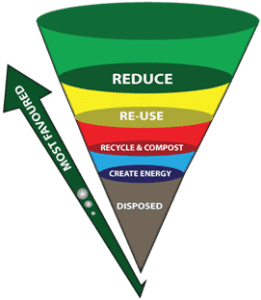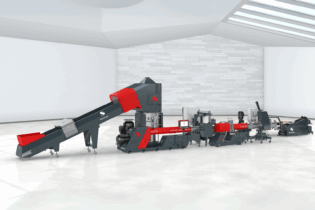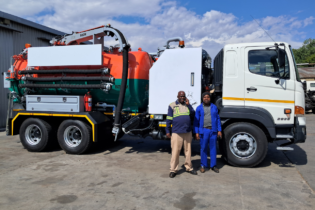
Department of Environmental Affairs, Waste Management Hierarchy, 2017
The waste management hierarchy ranks waste management options in order of preference according to the type of waste, and therefore the Institute of Waste Management of Southern Africa (IWMSA) recognises the importance of putting emphasis on the hierarchy in its upcoming flagship conference, WasteCon 2018.
“It is important that the cycle of waste, from consumer to final disposal is governed by the internationally accepted waste hierarchy, which through its successful application can have several benefits, such as pollution reduction, resource conservation, and job creation,” says Jan Palm, President of the IWMSA.
“The application of the waste hierarchy most often starts in households with consumers,” Palm adds.
Ensuring waste is adequately sorted
Household waste can be separated into three parts: solid waste that can be recycled, organic waste (food and garden), and non-recyclables; each type requiring different recovery, treatment and/or disposal methods.
Recyclables are repurposed for commercial use, while organic waste should not be landfilled, but rather used to make compost or biogas. Non-recyclable waste is either landfilled or sent to a Waste-to-Energy (WtE) facility to be thermally treated to produce electricity.
“One of the primary waste management challenges today is ensuring that the different types of waste are adequately sorted so that it can be subjected to the correct recovery, treatment or disposal processes,” says Palm.
“By being mindful at home and separating waste into its correct category, you are helping to prevent waste from ending up where it does not belong; contaminating the natural environment,” adds Palm.
Living a zero waste lifestyle
“As we [IWMSA] continue to monitor the waste situation in our country, I would like to encourage all consumers to prevent waste where possible and to give upcycling a try,” encourages Palm.
The topics of ‘zero waste lifestyle’ and upcycling are trending more than ever on social media platforms nowadays.
“Living a zero waste lifestyle may seem like a challenge, however it can be a great opportunity to cut out short term use items such as plastic bags and bottles, and replace them with environmentally responsible reusable items. By doing this you have just taken a personal step up the waste management hierarchy,” says the institute.
If you feel like you need some guidance on your waste management have a look at the IWMSA’s training schedule, or register for WasteCon 2018 which will provide a wealth of insight into applying the waste management hierarchy.
To submit an abstract to be considered to present a paper at WasteCon 2018, visit the Abstracts page on the WasteCon 2018 website.








